
Recommendation
Tufts professor and Washington Post foreign affairs writer Daniel W. Drezner explains the factors that stymie international relations. A well-respected public intellectual, Drezner presents clear arguments that he supports with extensive examples and research in this introduction to conflicts between the public and private sectors of the ideas industry. He explains how academics, members of think tanks, management consultants, political risk analysts and their benefactors all contribute to and undermine the development of ideas. Concerned about the often-misguided influence of the private sector, he recommends ways to foster and sustain a healthy marketplace of ideas. Drezner shares knowledge from years in this field. His final chapter on social media, blogging and trolls takes his analysis to every level of the ideas marketplace. getAbstract recommends his report to those who are curious about the way complex ideas influence the public and to those who want to navigate or expound on political policy in the global marketplace.
Summary
About the Author
Daniel W. Drezner, a professor of international politics at Tufts University, publishes often on foreign relations. He contributes to The Washington Post and other public forums.







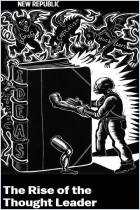
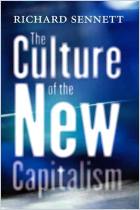
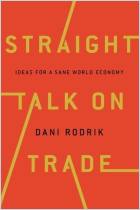
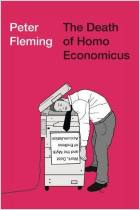
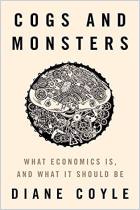
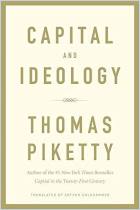




Comment on this summary or Start Discussion